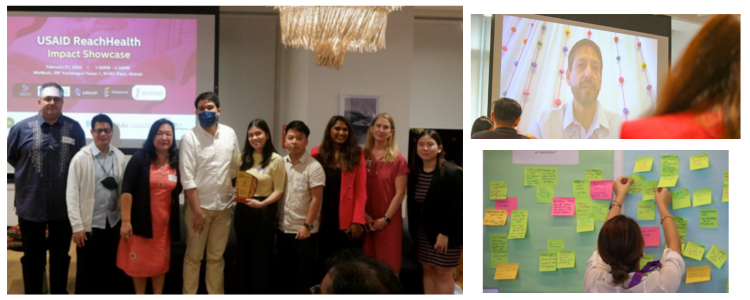
Reflections following the ReachHealth Initiative
7.7 million women in the Philippines wanted to use family planning in 2017, but were unable to do so.1 That same year, teenage pregnancies were at 9% and live births by teenage mothers (aged 10-19) were 196,478.2
In response to these dire unmet family planning needs and high teenage pregnancy rates, the Duke Global Health Innovation Center (Duke GHIC), RTI International, and the Johns Hopkins Center for Communications Programs, implemented the ReachHealth Initiative. ReachHealth, a five-year initiative (2018-2023), aimed to strengthen and improve access to critical health services for Filipino families. This blog explores the challenges, key activities, and reflections following the initiative’s conclusion.
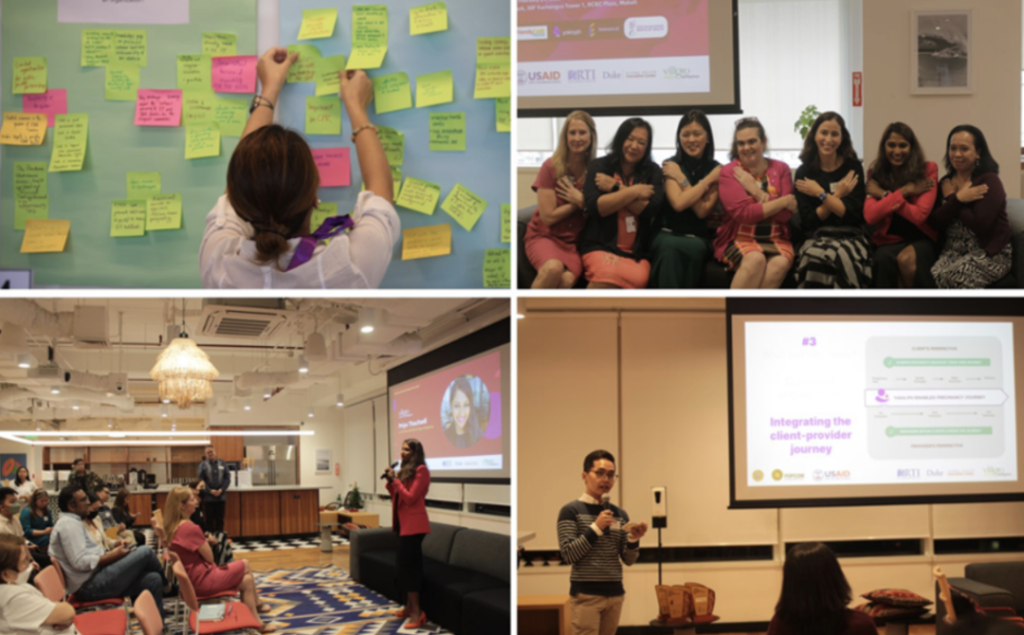
The Challenge and Proposed Solutions
Unmet family planning needs refers to the gap between the desire for family planning services and the actual utilization of those services. Due to this gap, Filipino families experience high levels of teenage pregnancy and newborn morbidity and mortality. To address these challenges, ReachHealth:
- Improved individual, household and community knowledge of family planning and maternal and neonatal health (FP/MNH);
- Increased access to comprehensive quality care, including lifesaving newborn care, and increased the capacity of providers to deliver this care;
- Strengthened health systems supply, logistics, budgeting, and functionality across governance, finance, human resources, and data;
- Increased demand for FP/MNH services; and
- Transformed gender norms.
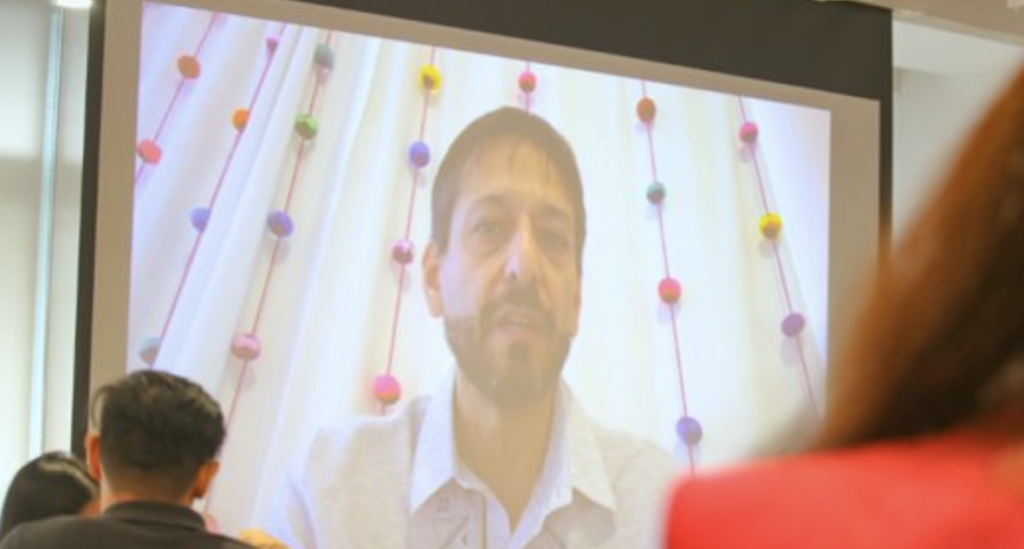
Key Activities and Response:
Duke GHIC’s primary role was to support ReachHealth through an innovation-centered lens, focusing on sourcing and supporting multifaceted solutions including:
- Conducting a comprehensive family planning and teenage pregnancy landscape analysis of the current state in the Philippines;
- Developing an innovation framework around which to focus desk research, innovator scouting and design of a Grand Challenge. (see figure 3 below) of the current state in the Philippines; Developing an innovation framework around which to focus desk research, innovator scouting and design of a Grand Challenge. (see figure 3)
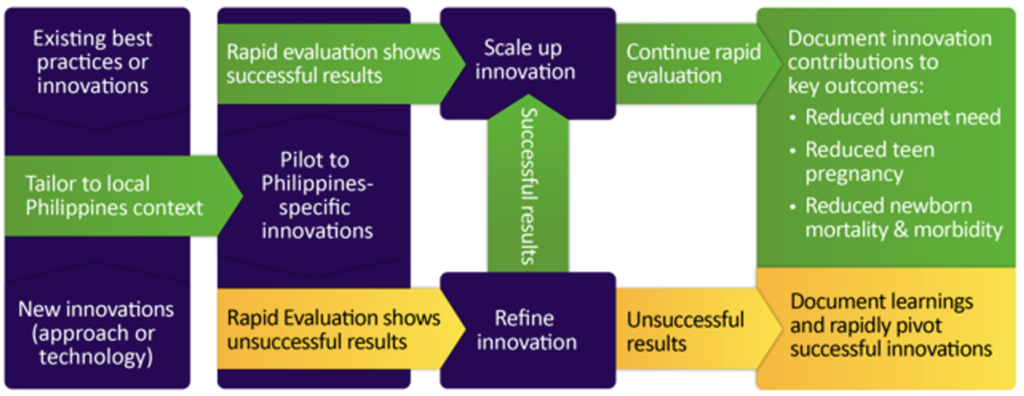
Figure 3: Caption: The ReachHealth Innovation Framework. This framework outlines the project’s approach to infusing innovation into the broader goals of the ReachHealth Project. - Developing a family planning value chain framework. This provides an essential structure to define demand for and compare to the existing supply of interventions and innovations can be mapped, providing greater insight into where the largest gaps, and thus the biggest opportunities, lie. (see figure 4)

Figure 4: Caption: This visualization of the value chain framework displays the foundational factors of financing, policy, and social influences below the other eight areas, which are arranged in a non-sequential arc to represent their equal theoretical likelihood of influencing an individual’s access to family planning methods. - Assessing and scouting innovations and interventions to create an Innovation Portfolio Prioritization Matrix mapping the innovations onto the categories of the value chain framework;
- Convening the ReachHealth Accelerator showcase and learning workshops; and,
- Designing and prepare for launch of Grand Challenge in Fall 2019.
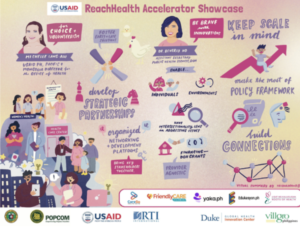
Big Picture Reflections
Innovations and innovators – early and late stage – have a critical role in reducing unmet needs for family planning, decreasing teenage pregnancy, and reducing maternal and child mortality by:
- Developing new and more effective contraceptive methods that are safe, affordable, and accessible;
- Improving access to information and services (such as mobile apps, web-based platforms, social media campaigns, and community-based programs);
- Engaging young people in the development and delivery of family planning. For example, training youth advocates from the communities and empowering them to educate their peers on family planning matters.
- Addressing social and cultural norms. Innovators can play a role in changing social and cultural norms that contribute to teenage pregnancy.
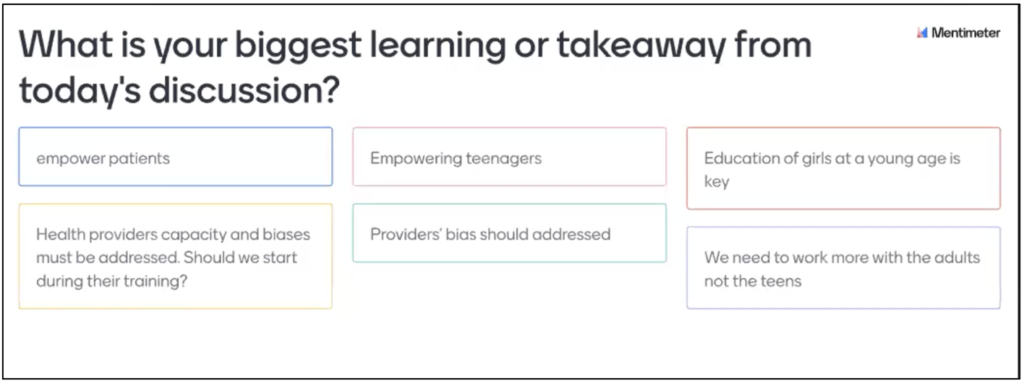
Addressing unmet family planning needs in the Philippines is not just a matter of health, but a key to unlocking potential socio-economic empowerment. Providing comprehensive education and accessible healthcare services enables individuals and families to make informed, destigmatized choices about their reproductive health. Though progress has been made, we must do more to ensure everyone has access to reliable family planning commodities and services.
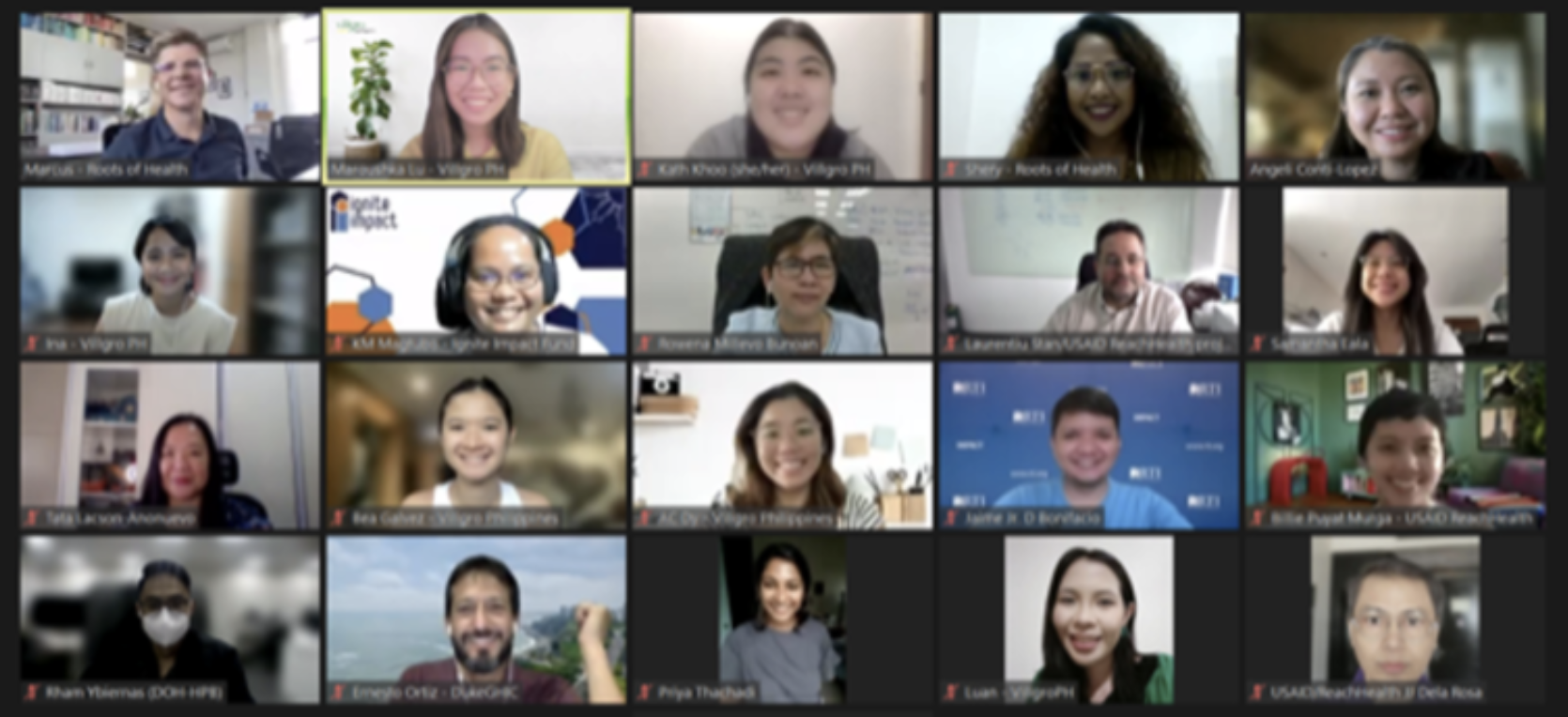
REFERENCES
1 UNFPA Philippines (n.d.). UNFPA Philippines: Family Planning. Retrieved August 21, 2023, from https://philippines.unfpa.org/en/node/15304
2United Nations Population Fund. (n.d.). (policy brief). #GirlsNotMoms: Eliminating Teenage Pregnancy in the Philippines.
